Olive oil has been associated with everything from improved cholesterol levels to rejuvenating hair growth. But just which are facts and which are fiction? We take some of the internet’s most popular claims about the benefits of olive oil and see what’s true, and what’s not.
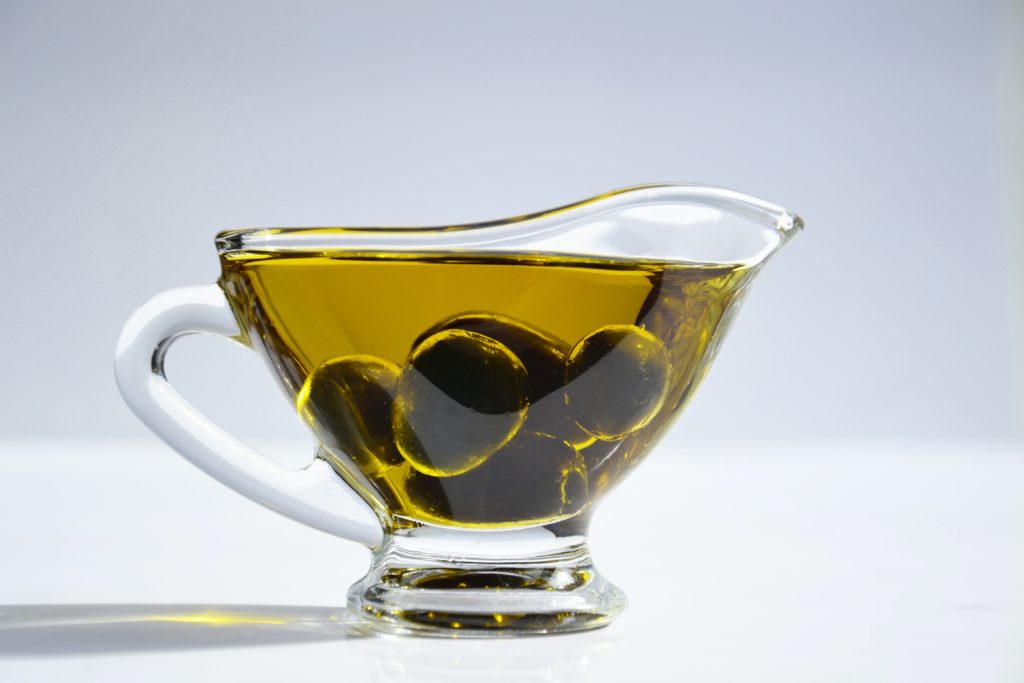
Does Olive Oil Reduce the Risk of Heart Disease?
Extra virgin olive oil is one of the main drivers behind the now-famed Mediterranean-style diet. Alongside vegetables, fruit, nuts and omega-rich fish, olive oil has been used in Mediterranean countries for centuries.
A recent five-year study by the Department of Internal Medicine in Barcelona found profound benefits of a specific diet rich in olive oil. The scientific studies compared a low-fat diet with a Mediterranean diet infused with extra virgin olive oil. The low-fat participants could have no more than two tablespoons of vegetable oil or regular olive oil daily. Yet the Mediterranean diet participants had more than four tablespoons of extra virgin olive oil a day.
The results from the observational studies astounded even the experts. The participants in the extra virgin olive oil diet had a 30% lower chance of dying from cardiovascular disease, a stroke or heart attack than the low-fat diet.
Yet people must be aware that one tablespoon of extra virgin olive oil contains 120 calories. It’s therefore essential to eat it with plenty of fruit, leafy greens and vegetables for a healthy Mediterranean-style diet. A true claim.
Is it good for high blood pressure?
Extra virgin olive oil is the best fat choice to manage high blood pressure, according to this study. That’s down to its high oleic acid and antioxidant polyphenolic compounds. It has also been proven to improve blood vessel health by reducing ‘bad’ cholesterol and is touted by scientists to keep the heart-healthy. A true claim.
Does olive oil cure dandruff?
A hair routine to rid the scalp of dandruff is gaining internet popularity. Pop olive oil onto your scalp, leave it for 30 mins, and hey presto! Your dandruff will be blown to the wind. However, experts aren’t entirely convinced. In fact, medical studies by Jama Pediatrics have found the opposite: it can actually cause dandruff. The fatty acids found in olive oil stimulate the production of yeast, which contributes to dandruff. A false claim.
Does olive oil make your hair grow?
More benefits of olive oil for hair care also claim to promote hair growth. From simply massaging a few drops into your scalp, your locks will be luscious and long. Unfortunately, no matter how much you try and stimulate the hair follicles, this is a fallacy. If it were true, men’s cabinets around the world would be brimming with the stuff! A false claim.
So are there any benefits of using olive oil for hair care?
Styling, chemicals and the weather all take their toll on your hair. So are there really any olive oil benefits for hair use?
Olive oil isn’t absorbed into the hair because the molecules are too large. So instead, it just sits on the outside of the hair shaft. When people say it makes their hair shiny, they’re referring to the oil that’s still – literally – clutching to hairs. It doesn’t condition your hair. If, however, you do decide to try it, be careful with the following:
- Dyed hair – Olive oil could, with repeated use, add a lighter or yellowish tone to your dyed hair. That’s due to its original golden colour, so you’re best using transparent oils, such as organic coconut oil, in this case.
- Greasy hair – It will make it worse if applied to your roots.
- Pre-heat styled hair – Tongs, hairdryers, straighteners etc. have exceptionally high heat temperatures and olive oil has a low heat tolerance. So if you combine the two, you’re sizzling your hair. Ouch! A false claim.
Are supermarkets selling fake olive oil?
Five years ago, the Australian Olive Association checked up on imported extra virgin olive oil in Australia. It carried out tests on 27 alleged ‘extra virgin’ olive oils sold around the country. The study was alarming; 85% of the oils tested fell short of the Australian extra virgin olive oil standard, and 78% didn’t meet the International Olive Council Standard. Many of the oils had been refined, treated with heat and had chemicals added. None of which are the hallmarks of extra virgin olive oil. A true claim.
To avoid being duped, buy from a trusted source. SoHealthy is an Australian company that prides itself on organic, healthy products, such as real extra virgin olive oil from Roogenics. It’s infused with pepperberry and lemon myrtle which is high in antibiotic, anti-fungal and antioxidant properties. It also has an incredible flavour for giving your dishes a tasty edge.
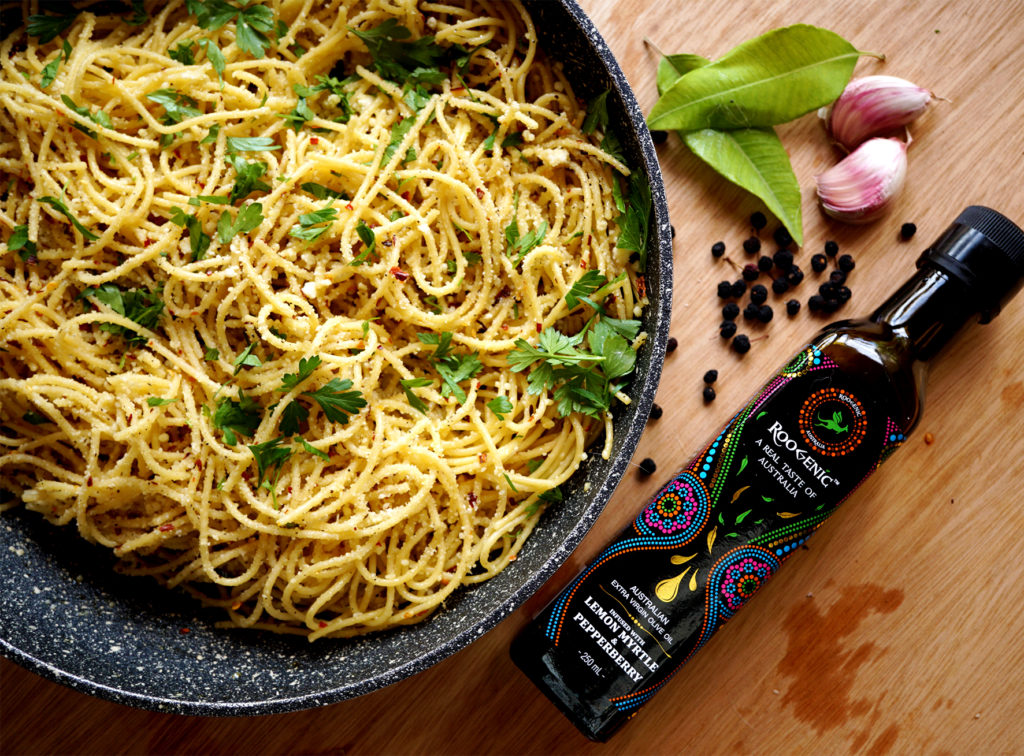
Does its antioxidant content prevent acne?
People’s definition of acne isn’t always the same. It could be a couple of spots for one person, while it’s far more serious to others. And just as opinions differ, so do reactions. Massaging a few drops of olive oil, despite its anti-inflammatory properties, on clean skin to fight acne should be used with caution. For many people with spot-prone or greasy skin, it will make matters worse. The benefits of olive oil to reduce acne is a false claim.
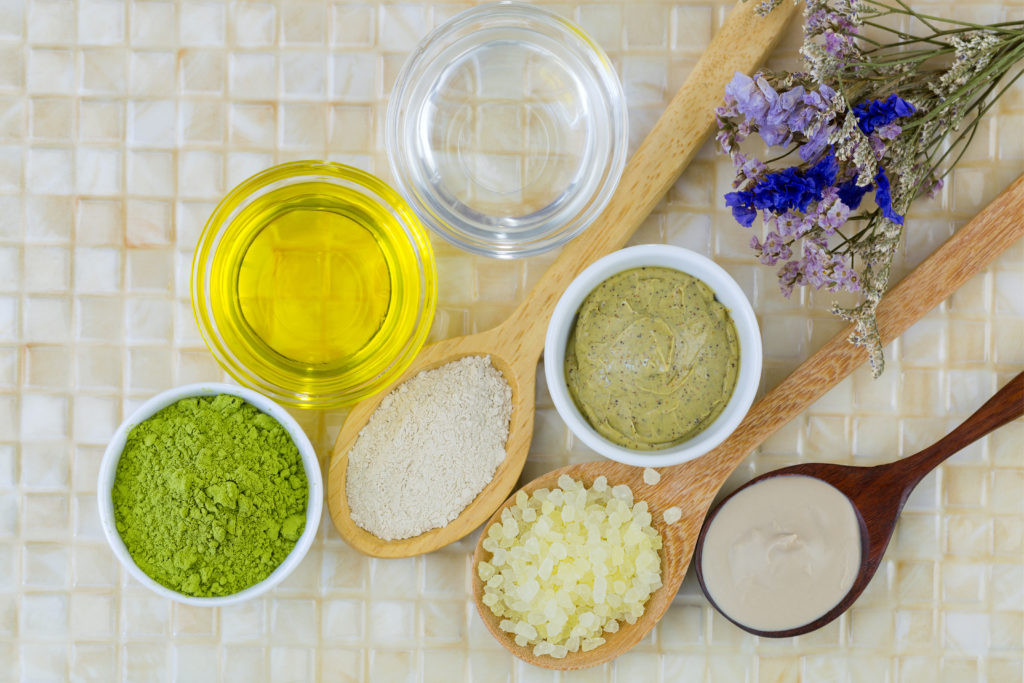
Does it make your skin more supple?
If you apply a few drops of extra virgin oil to your face and gently do a daily face massage, the whole process can help soften the skin. It’s as much to do with the beneficial effects of the massage as anything else, but the oil can help make the skin supple. We’re not claiming that one of the olive oil benefits for skin is that it reduces wrinkles, just that it will make your skin feel softer. Not recommended for acne or spot-prone skin. A true claim.
Does massaging olive oil into your breasts makes them bigger?
This is one of the weirdest benefits of olive oil we’ve seen. We don’t even know what to say about it. Except it’s definitely a false claim!
Is extra virgin olive oil really much healthier than regular olive oil?
While they both come from the olive fruit, the extraction process between extra virgin and regular olive oil is quite different. With extra virgin olive oil, the selected olives are of the highest quality; they are not refined and do not have any chemicals added. Extra virgin olive oil is also an excellent source of polyphenols which help the immune system and has antioxidant properties.
Regular, or ‘refined’ olive oil, however, has been treated with heat and chemicals, and loses flavour, quality and colour. That’s not all it loses. During refined olive oil production, the vitamins, nutrients, anti-inflammatories and antioxidants found in the extra virgin varieties are greatly reduced. So, yes, extra virgin olive oil is the purest – and healthiest choice for cooking – out of the two. A true claim.
Is olive oil healthier than other oil types?
Research states that extra virgin olive oil has a raft of health benefits. But how does it rank amongst other cooking oils?
Health Benefits of Extra Virgin Olive Oil versus Canola Oil
Like extra virgin olive oil, canola oil (rapeseed oil), is high in monounsaturated fatty acids, which can help protect your heart by maintaining levels of “good” HDL cholesterol while lowering the “bad” LDL blood cholesterol levels.
Yet canola oil is highly processed and the nutritional values of it are almost none. The health effects winner? Extra virgin olive oil!
Extra Virgin Olive Oil versus Avocado Oil
Extra virgin avocado oil is also another excellent option, and there are no real health disadvantages compared to olive oil. It is generally more expensive, though.
Extra Virgin Olive Oil versus Vegetable Oil
Vegetable oil is often a blend of extracted oilseeds such as soya, sunflower oil, canola and corn. To extract the oil, the plants are processed and refined, removing the natural goodness of nutrients and vitamins.
What’s more, partially hydrogenated vegetable oils contain trans fats. These are unsaturated fatty acids and trials consistently report the dangerous effects of trans fats and the risk of developing cardiovascular disease.
Extra virgin olive oil is definitely healthier than vegetable cooking oil. A true claim.
Does the colour of the bottle make a difference?
You’ll notice olive oil bottles are generally green or black on the supermarket shelves, but that isn’t because manufacturers are emulating the olive’s natural colour. Olive oil needs to be shielded from light to stop it from being oxidised and deteriorating. So the darker the bottle, the better the protection against sunlight. Therefore, go for a dark coloured bottle and store it in a cupboard for the best preservation. A true claim.
So there you have it, the main facts separated from the fiction about the health benefits of olive oil.SoHealthy is an Australian company that prides itself on organic, healthy products, such as real extra virgin olive oil from Roogenics. It’s infused with pepperberry and lemon myrtle which is high in antibiotic properties and totally moreish!
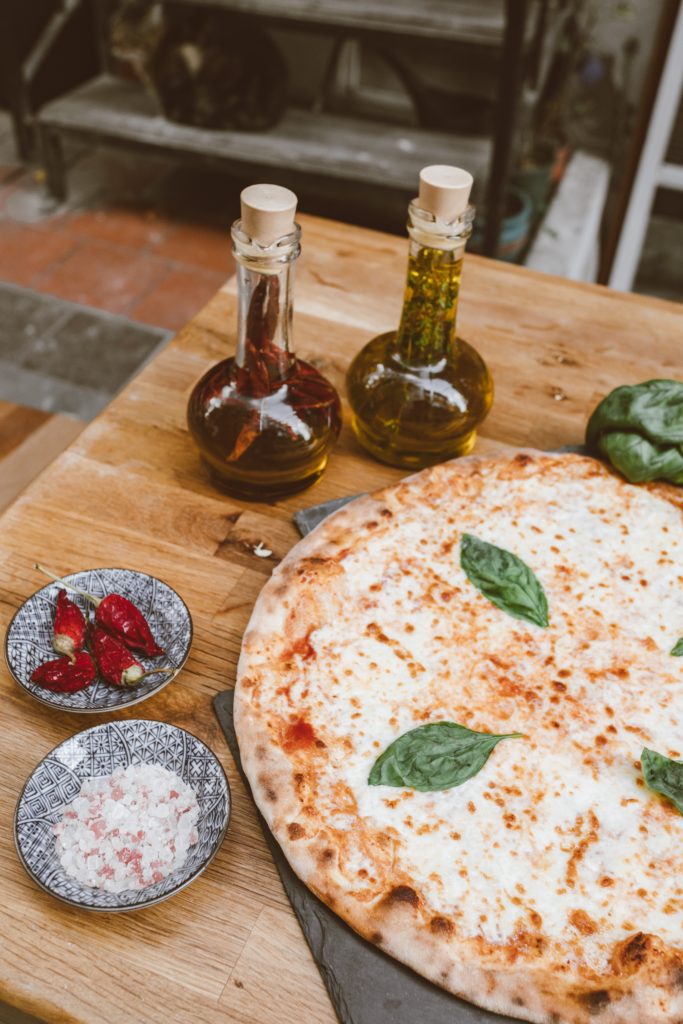
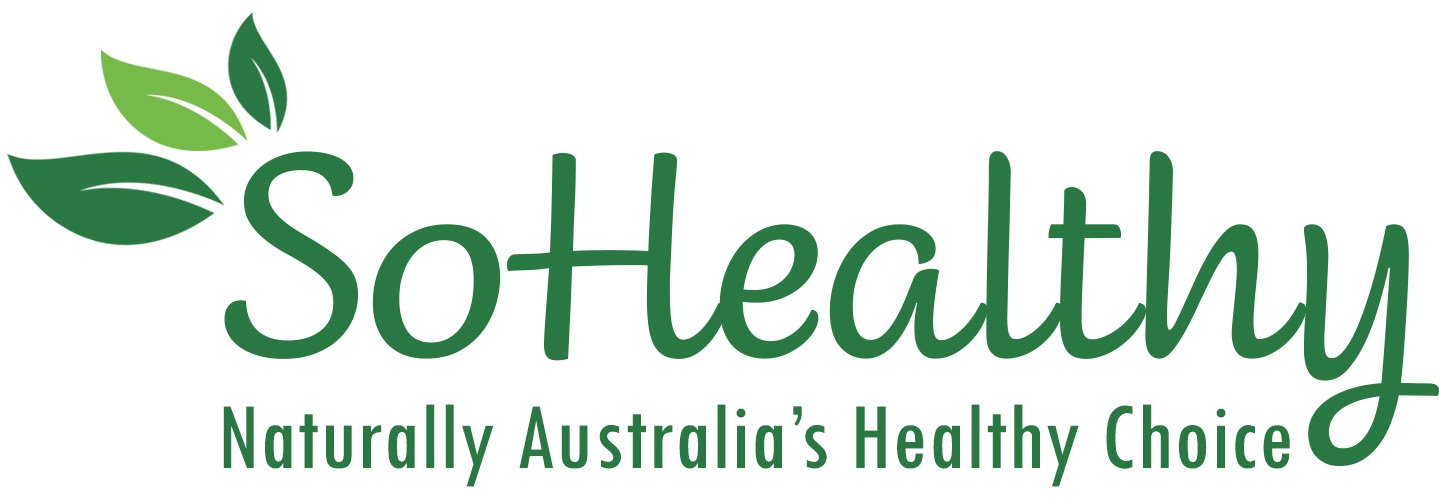


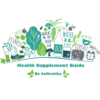
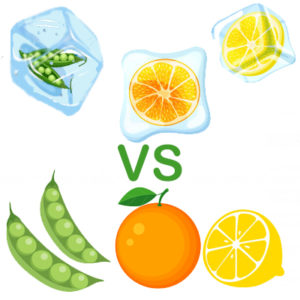



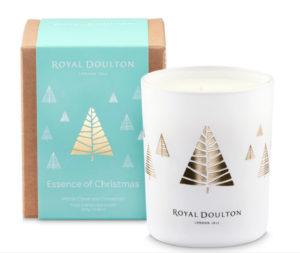
Add comment
You must be logged in to post a comment.